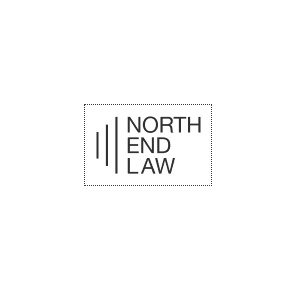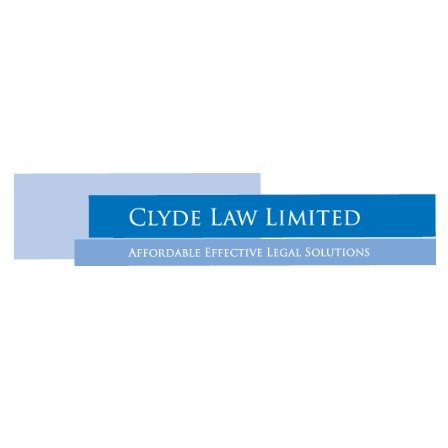Best Housing, Construction & Development Lawyers in Hamilton
Share your needs with us, get contacted by law firms.
Free. Takes 2 min.
Free Guide to Hiring a Real Estate Lawyer
List of the best lawyers in Hamilton, New Zealand
About Housing, Construction & Development Law in Hamilton, New Zealand
The city of Hamilton, New Zealand, has a vibrant and growing housing, construction and development landscape. Given the rapid urban development, intricate laws and regulations govern this sector. They cover a broad spectrum including building consents, code compliance, land development, city planning and zoning, residential and commercial property rights, and construction disputes. With the region undergoing significant growth, understanding the legalities becomes critical for developers, homeowners and real estate investors alike.
Why You May Need a Lawyer
Legal help with housing, construction and development law is often sought by individuals and firms in a variety of situations. You may need a lawyer if you are involved in drafting or negotiating a construction contract, dealing with a dispute related to a construction project, or ensuring adherence to building and zoning regulations for a property development initiative. Legal aid is also crucial if you face housing issues such as eviction, discrimination, or other residential rights conflicts. Understanding and navigating these complex laws is much more accessible with the guidance of a legal professional.
Local Laws Overview
Key aspects of local laws in Hamilton relevant to housing, construction and development cover a wider array. These include the Building Act 2004, which deals with building consents and code compliance certificates, and the Resource Management Act 1991, which governs land use and environmental factors. The Residential Tenancies Act 1986 protects the rights of tenants and landlords, and Fair Trading Act 1986 regulates false or misleading representations in the housing sector. Knowledge and comprehension of these laws is vital for successful project execution and protection of residential rights.
Frequently Asked Questions
1. Do I always need a building consent for construction in Hamilton?
No. Certain minor works are exempt from building consent under the Building Act 2004. However, for most significant works, including residential and commercial structures, a building consent is required. Legal advice can help determine if your project needs a consent.
2. Who is responsible for obtaining building consent?
The property owner is usually responsible for obtaining building consent. This function can sometimes be delegated to the builder, architect or project manager based on contractual agreements.
3. What protections do tenants have under NZ law?
Under the Residential Tenancies Act 1986, tenants have rights including a safe and healthy home, the right to privacy, and protection from unlawful eviction. Gain the advice of a lawyer to better understand these rights.
4. Can I build on any land that I own?
Not necessarily. There are land-use zones designated by the city, and development is subject to approval under the Resource Management Act 1991. It's advisable to consult with a lawyer about potential restrictions.
5. Can I appeal a misconduct order from a contractor?
Yes, you can. The Construction Contracts Act 2002 provides mechanisms to dispute a misconduct claim. Seek legal advice for the disputes resolution process.
Additional Resources
The Hamilton City Council website is a valuable resource for anyone needing inquiries about local housing, construction and development regulations. Other essential bodies include Building and Housing Group of the Ministry of Business, Innovation and Employment, the New Zealand Tenancy Services, and the New Zealand Law Society.
Next Steps
If you need legal assistance in housing, construction & development, the recommended first step is to reach out to a qualified local lawyer specializing in this field. They can help you navigate the complexities of the laws and regulations, protect your interests, and ensure your projects or disputes are handled in accordance with local laws.
Lawzana helps you find the best lawyers and law firms in Hamilton through a curated and pre-screened list of qualified legal professionals. Our platform offers rankings and detailed profiles of attorneys and law firms, allowing you to compare based on practice areas, including Housing, Construction & Development, experience, and client feedback.
Each profile includes a description of the firm's areas of practice, client reviews, team members and partners, year of establishment, spoken languages, office locations, contact information, social media presence, and any published articles or resources. Most firms on our platform speak English and are experienced in both local and international legal matters.
Get a quote from top-rated law firms in Hamilton, New Zealand — quickly, securely, and without unnecessary hassle.
Disclaimer:
The information provided on this page is for general informational purposes only and does not constitute legal advice. While we strive to ensure the accuracy and relevance of the content, legal information may change over time, and interpretations of the law can vary. You should always consult with a qualified legal professional for advice specific to your situation.
We disclaim all liability for actions taken or not taken based on the content of this page. If you believe any information is incorrect or outdated, please contact us, and we will review and update it where appropriate.

















